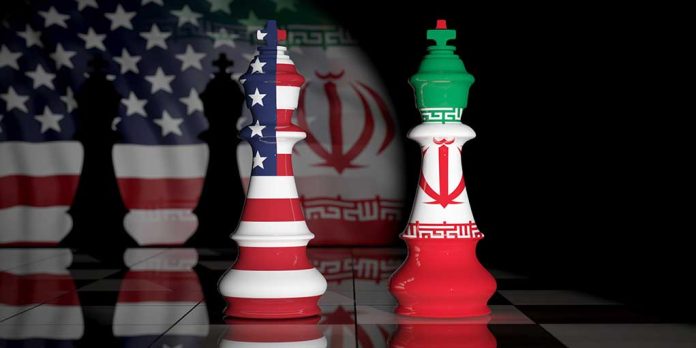
Tensions between the U.S. and Iran are escalating as both nations clash over allegations of Iranian support for Yemen’s Houthi rebels.
Key Takeaways
- Iran refutes controlling the Houthi rebels, defending the group’s independent motivations.
- The U.S. increases military operations in Yemen, targeting Houthi positions amid rising tensions.
- Iran’s Supreme Leader cautions the U.S. against hostile actions, calling it a “crime that must be stopped.”
- The conflict in Yemen continues with significant geopolitical implications involving regional proxies.
- U.S.-Iran relations remain volatile, with potential for further conflict in the Middle East.
Iran’s Stance on Houthi Allegations
Iran’s Supreme Leader, Ayatollah Ali Khamenei, emphasized that Tehran does not rely on proxies like the Houthis in the region. He stated, “Iran doesn’t need proxies,” and accused the U.S. of misconstruing alliances. He insists that Yemen’s Houthis have their own independent motivations, dismissing assertions of Iranian control. Khamenei’s comments underscore the complexity of the conflict where the Houthis, rather than acting as Iranian pawns, are driven by distinct local factors and allegiances.
Khamenei has been vocal in criticizing the U.S. military actions in Yemen. As tensions remain fraught, he regards the U.S. hostility as a threat to regional stability. The Iranian leader attributed increasing hostilities to the current U.S. administration’s aggressive posture in the Middle East. Both nations’ narratives underscore divergent perspectives on the Middle East geopolitical landscape.
U.S. Military Actions in Yemen
Donald Trump has taken a firm stance against the Houthis, holding Iran accountable for their actions. The U.S. has expanded military operations targeting high-ranking Houthi officials in Yemen, citing the need to protect American interests and uphold regional security. Recent airstrikes have led to significant Houthi casualties, further complicating the region’s stability. Such operations aim to curb perceived Houthi aggression, yet risk entrenching the U.S. deeper into Middle Eastern conflicts.
“Tremendous damage has been inflicted upon the Houthi barbarians, and watch how it will get progressively worse — It’s not even a fair fight, and never will be. They will be completely annihilated!” said Trump.
Officials in Washington maintain that maintaining military pressure is critical. However, experts express concerns that a prolonged involvement could further destabilize the region and counter past efforts to reduce American military engagement abroad. While the U.S. has always been a consistent player in Middle Eastern affairs, a pragmatic approach towards diplomatic resolutions remains essential to averting long-term conflict.
Geopolitical Implications
The conflict in Yemen highlights the broader geopolitical struggle involving U.S.-allied forces and Iran’s allied groups. Khamenei condemned U.S., Israeli, and other perceived hostile actions, urging global opposition. Recent Israeli airstrikes on Gaza exacerbate regional tensions, with Iran accusing the U.S. of enabling these acts. Amid this crisis, U.S. actions against the Houthis are seen as a continuation of its longstanding opposition to Iran and associated resistance groups.
As this saga unfolds, the humanitarian crisis in regions such as Gaza worsens. The evolving landscape demands careful navigation, as both U.S. and Iranian policies impact Houthi actions, alliances, and how proxy conflicts progress. Addressing the wider implications necessitates a holistic approach, akin to balancing military and diplomatic strategies, to ensure regional peace and avoid further instability.


